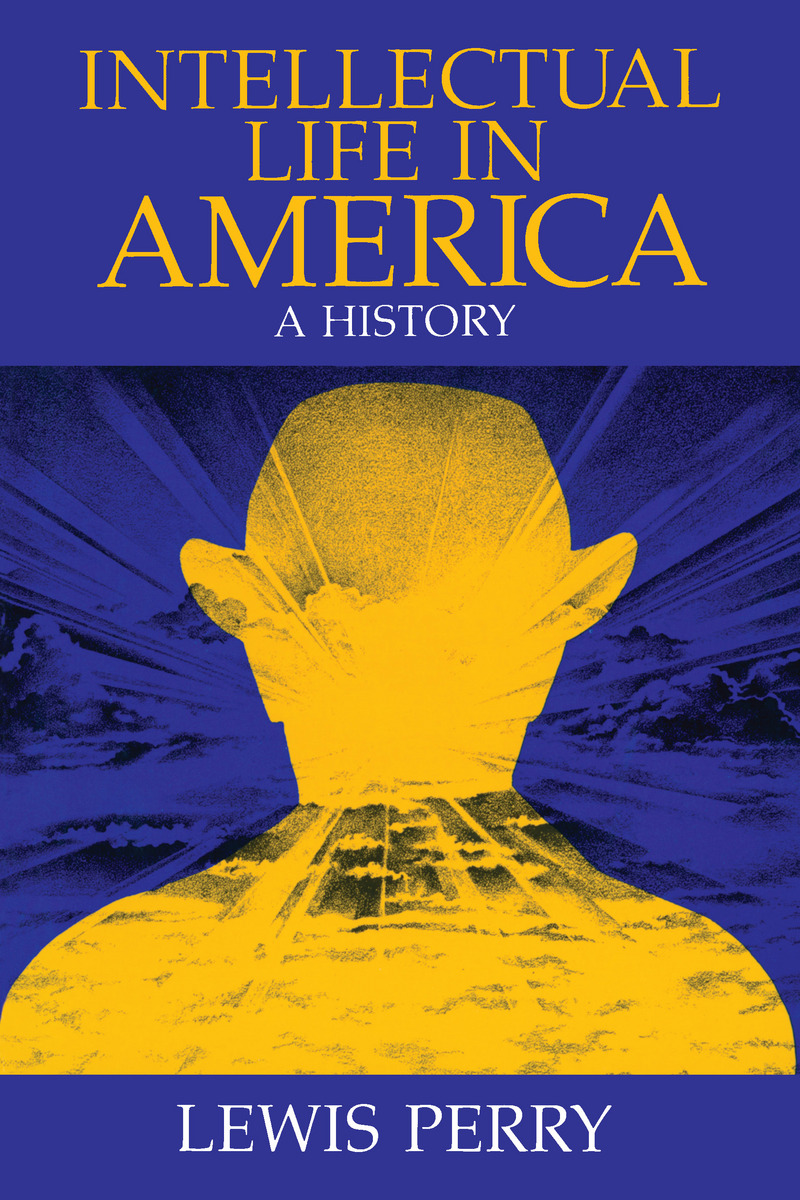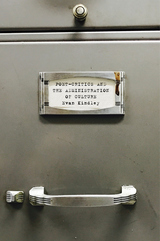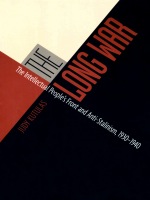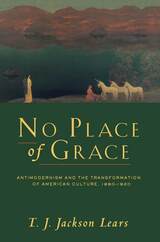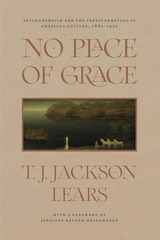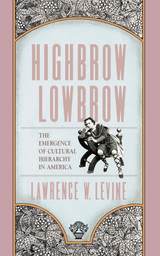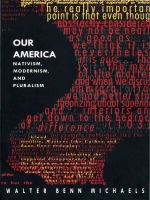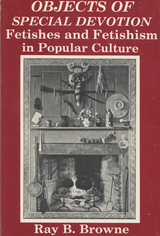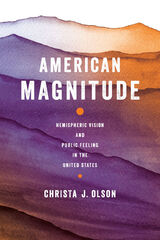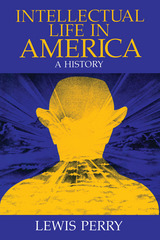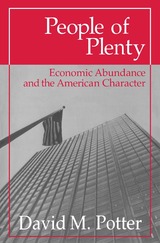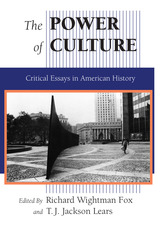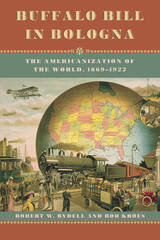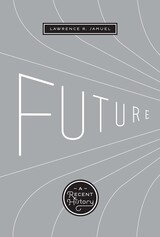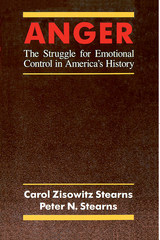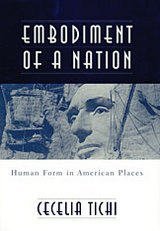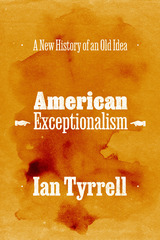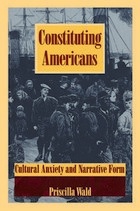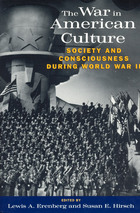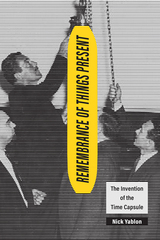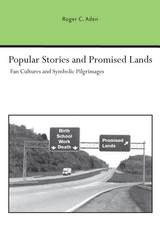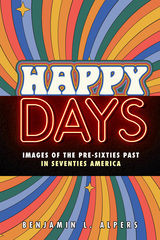Intellectual Life in America: A History
University of Chicago Press, 1989
Paper: 978-0-226-66101-8
Library of Congress Classification E169.1.P446 1989
Dewey Decimal Classification 306.0973
Paper: 978-0-226-66101-8
Library of Congress Classification E169.1.P446 1989
Dewey Decimal Classification 306.0973
ABOUT THIS BOOK | AUTHOR BIOGRAPHY | TOC | REQUEST ACCESSIBLE FILE
ABOUT THIS BOOK
This historical study of intellectuals asks, for every period, who they were, how important they were, and how they saw themselves in relation to other Americans. Lewis Perry considers intellectuals in their varied historical roles as learned gentlemen, as clergymen and public figures, as professionals, as freelance critics, and as a professoriate.
Looking at the changing reputation of the intellect itself, Perry examines many forms of anti-intellectualism, showing that some of these were encouraged by intellectuals as surely as by their antagonists. This work is interpretative, critical, and highly provocative, and it provides what is all too often missing in the study of intellectuals—a sense of historical orientation.
Looking at the changing reputation of the intellect itself, Perry examines many forms of anti-intellectualism, showing that some of these were encouraged by intellectuals as surely as by their antagonists. This work is interpretative, critical, and highly provocative, and it provides what is all too often missing in the study of intellectuals—a sense of historical orientation.
See other books on: America | Anthropology | Cultural & Social | Intellectual life | United States
See other titles from University of Chicago Press
